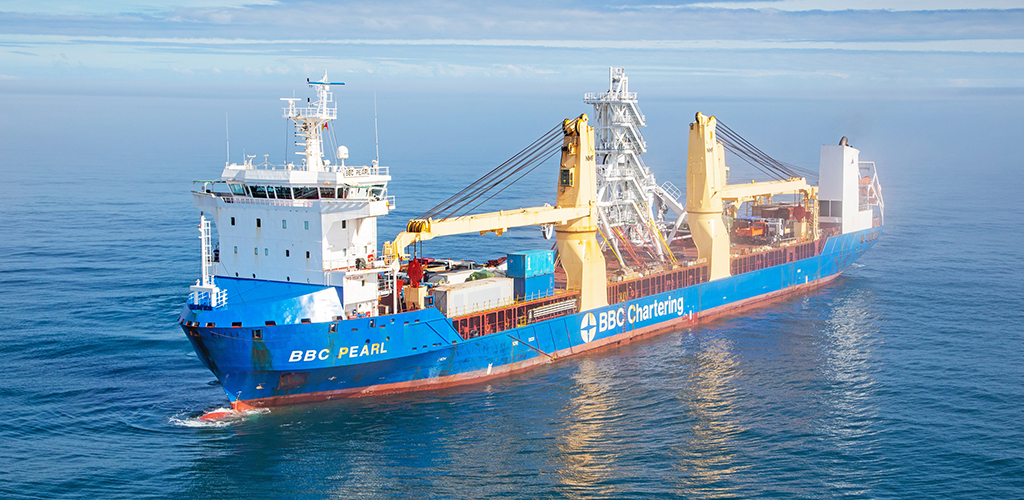Ulrich Offers Insights in Advance of Breakbulk Europe Session

By Carly Fields
Covid “factors” are making planning an impossible task for multipurpose ship operators, putting insurmountable pressures on scheduling.
Speaking to Breakbulk, Ulrich Ulrichs, CEO of BBC Chartering, said that it was difficult to plan because of regional lockdowns, which are having an impact on crew change, securing stevedores, and attendance of port captains.
“Ships are just not moving. China is super difficult and complicated now; you can’t even send crew to take delivery of newbuildings because of quarantine rules. Port captains cannot attend, the crew has to perform more work than before, and productivity is low,” he said.
With China determined to continue pursuing a zero-Covid policy, problems related to the pandemic “are not going to go away.”
He expected Covid-related issues to remain for the coming months, creating an overall supply chain backlog that will take some time to reduce. “Even if Covid disappears tomorrow it will still take months to clear the backlog,” he warned.
In the past, BBC’s 120-strong fleet has acted as a buffer for capacity challenges allowing it to solve scheduling mismatches easily. But the far-reaching and deep impact of today’s Covid issues cannot be solved by fleet size alone.
“Most of this is beyond what we can control. Now our ships are booked so far in advance it is very difficult to plan and arrange a substitute vessel, if required,” Ulrichs said.
This is not, he stressed, a “cost question”; it is simply that there are no ships available as “super unpredictable” congestion is artificially taking MPVs out of the market.
Ulrichs is asking BBC’s clients to engage in “closer, better and franker conversations” to help overcome the scheduling and capacity challenges. "If we know the critical dates longer in advance, we can at least mitigate this risk,” he said, noting that clients today are more transparent and open to having those type of conversations.
